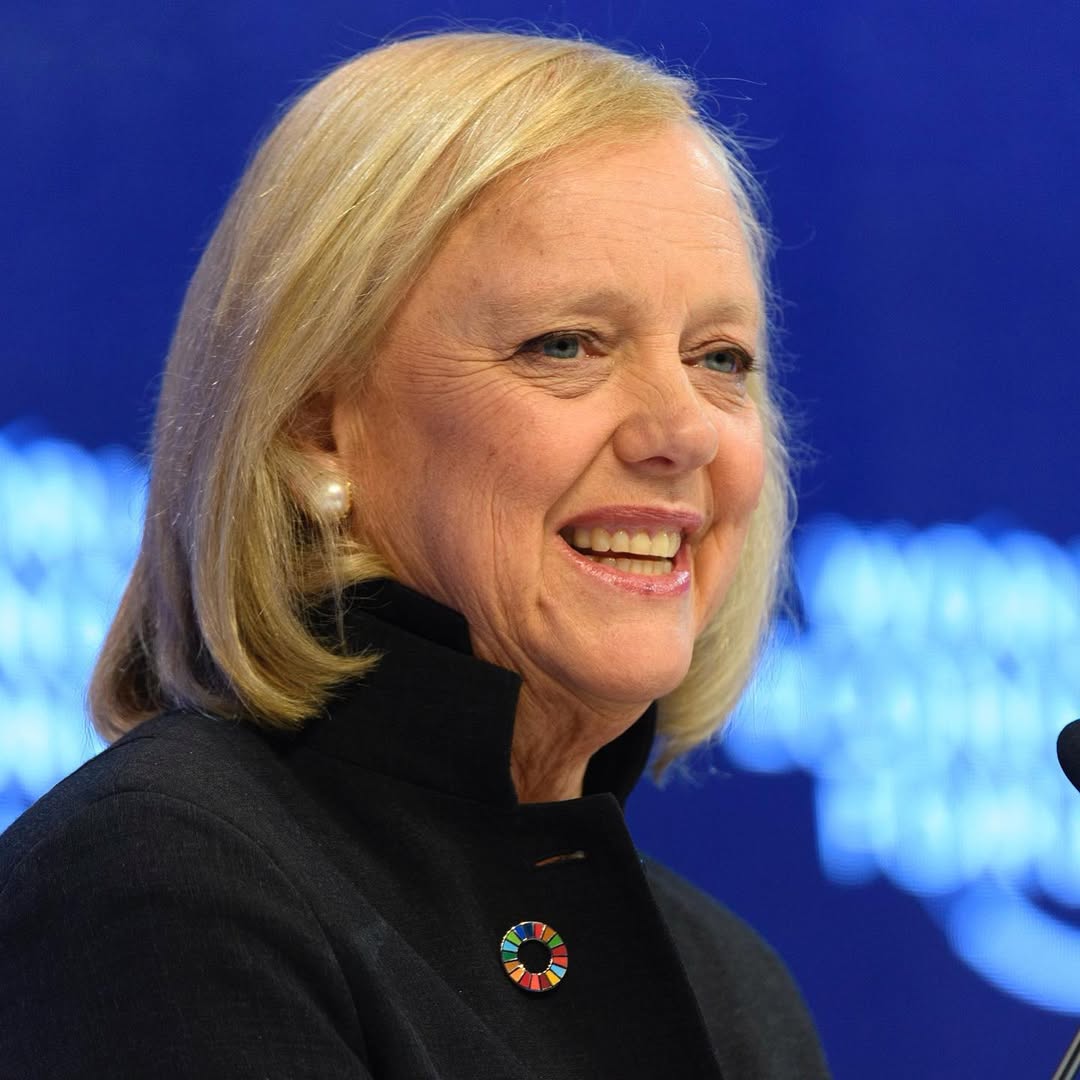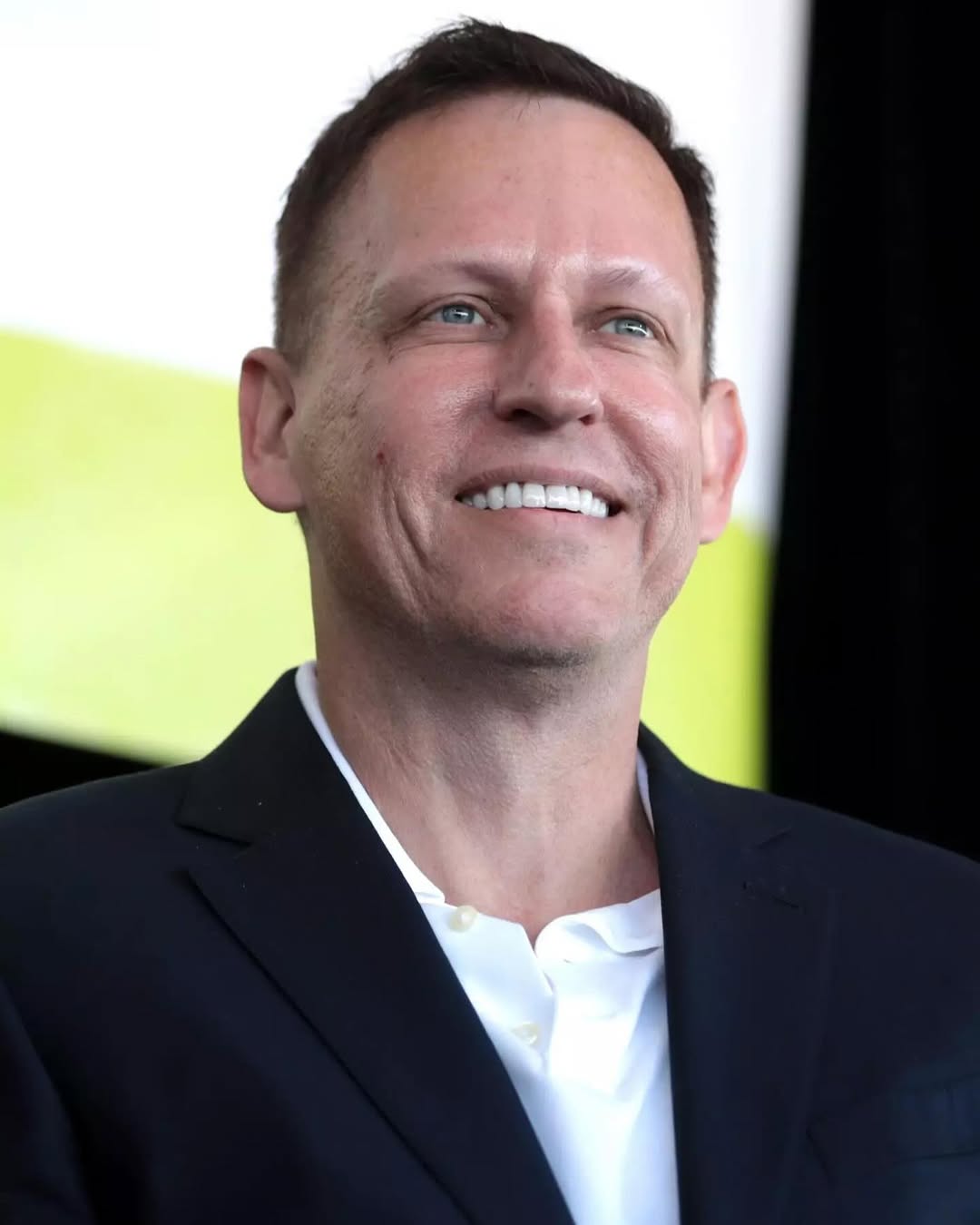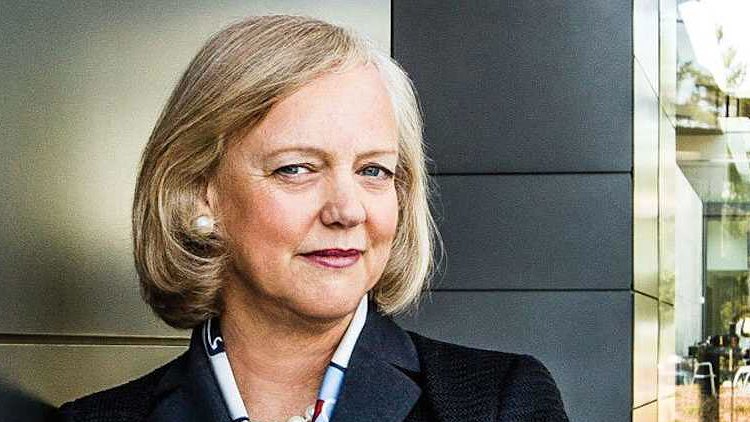Inside eBay's $1.5B Acquisition of PayPal: The Deal That Rewired Online Payments
The acquisition of PayPal by eBay in 2002 was a defining moment in the history of e-commerce. It was a strategic masterstroke that not only consolidated online payments but also created a legendary group of tech leaders known as the "PayPal Mafia." This article dissects the landmark deal, its key players, and its lasting impact.
The Deal at a Glance
- Acquisition Value: Approximately $1.5 billion in eBay stock.
- Announcement: July 8, 2002.
- Closing Date: October 3, 2002.
- Key Exchange: PayPal shareholders received 0.39 shares of eBay for every share of PayPal.
This all-stock transaction cemented PayPal's position as the dominant payment method on the internet's largest marketplace.
Why eBay Had to Buy PayPal
By 2002, eBay faced a critical challenge: its in-house payment solution, Billpoint, was failing to compete with PayPal. Despite having the home-field advantage and support from major financial institutions like Wells Fargo, Billpoint lagged far behind. More than 70% of eBay's auctions were already using PayPal, which benefited from a powerful network effect—sellers used it because buyers did, and vice versa. Rather than continue a losing battle, eBay CEO Meg Whitman recognized that acquiring the market leader was the only viable path forward. The deal provided eBay with a seamless, fraud-managed payment system that reduced friction and increased transaction volume.

Meg Whitman CEO of eBay
What Did PayPal Get Out of the Deal?
For PayPal, the acquisition was a triumph that provided a massive runway for growth. It gained access to eBay's vast user base and the financial resources to scale its operations, particularly in managing risk and expanding internationally. The sale also produced a windfall for its founders and early employees, turning them into a new generation of venture capitalists and entrepreneurs.
The Cast, Then and Now
The deal is as famous for the money it made as for the people it launched. The core team that led PayPal through its IPO and subsequent sale went on to shape much of modern tech.
- Peter Thiel (CEO): Thiel became a prolific venture capitalist and co-founded Palantir Technologies. He is now known as a contrarian investor and a major figure in the defense and AI sectors.
- Max Levchin (CTO): The architect of PayPal's security and fraud-prevention systems, Levchin went on to co-found Affirm, a consumer financing company that has become a multi-billion dollar fintech leader.
- David Sacks (COO): He later founded enterprise social network Yammer, which was acquired by Microsoft, and is now a co-founder of the venture capital firm Craft Ventures.
- Roelof Botha (CFO): A key negotiator during the sale, Botha joined Sequoia Capital in 2003 and is now a managing partner at the prestigious firm, making him one of the most influential VCs in the world.
- Meg Whitman (eBay CEO): As the chief architect of the acquisition, Whitman transformed eBay's business model. She later served as CEO of Hewlett-Packard and Quibi before becoming the U.S. Ambassador to Kenya.

Peter Thiel CEO of PayPal
A Legendary Aftermath
The eBay-PayPal deal quickly proved its value. Within weeks of the acquisition, eBay began phasing out Billpoint, cementing PayPal as its exclusive payment engine. The deal's success became a classic case study in business strategy: embrace the market-leading utility your ecosystem already prefers, rather than trying to compete with it. More importantly, the acquisition fueled the rise of the "PayPal Mafia," whose collective influence on companies like YouTube, Yelp, LinkedIn, Tesla, and SpaceX has fundamentally reshaped Silicon Valley and the global technology landscape.
Related: Buying LTC with PayPal — Direct vs. Third-Party Platforms
Related: The Billionaire CEO Who Sees Everything: Inside Alex Karp's Palantir Power Play













